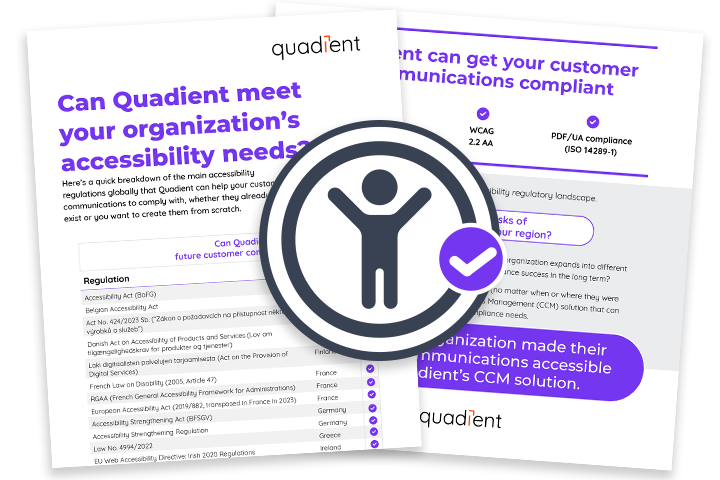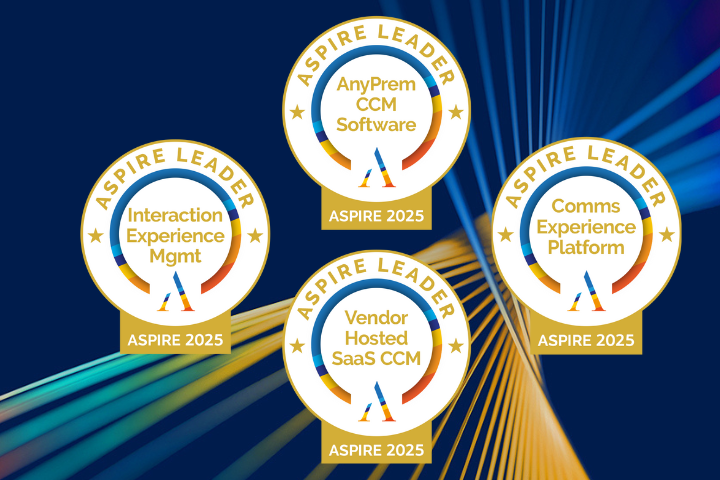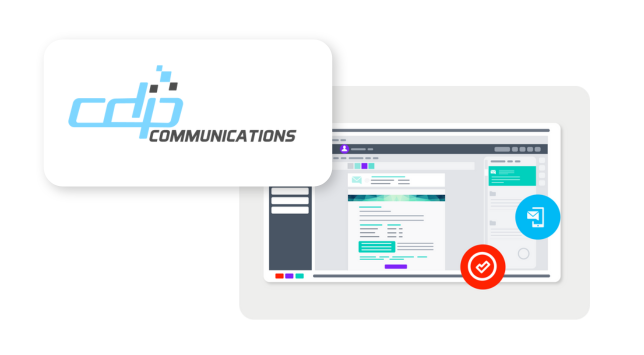
Back in 2012, the ACCA (the Association of Chartered Certified Accountants) put out a report on the changing role of the CFO, which predicted CFOs would be spending “less time on recording and verifying the numbers, and more time making the data connections and explaining the number implications to the business – applying the finance lens on decision making.” Even then, process automation technologies were already seen as a game-changer for businesses by creating opportunities to optimize finance operations. Five years on and we’re still seeing this shift slowly take shape as companies bring accounting automation technologies on board. But why has the automation revolution taken so long to flourish?
Another report, published in 2015 by PwC, has insight into this phenomenon. The report looked specifically at CFOs in the power utility industry, which PwC says are undergoing transformation much more rapidly compared to CFOs in other industries thanks to concurrent changes in the energy sector as a whole. In general, the role of CFOs has been divided between fiduciary responsibilities, with an impetus to preserve business value, and what PwC calls visionary activities that create new value for the business. Even with new technological advances, traditional business models have been slow to change, and this has meant that the fiduciary role of the CFO has remained in the driver’s seat for the most part.
However, as automation technologies have become more widely available to consumers, business models are finally having to adapt. In the energy sector, these technologies include home automation devices and services that go “beyond-the-meter,” like Brillo, HomeKit and SmartThings devices. If power utility companies are having to offer data-driven, automated services to their customers — to stay competitive — it stands to reason that their own internal operations would need to operate at that same, data-driven level.
“The combination of the ‘push’ of technology, the ‘pull’ of the customer and the threat that comes from new competitors poses questions that go to the heart of company strategies and the role of the CFO,” the report notes.
More recently, a survey from Robert Half UK was able to drill down into the question of accounting automation and how it’s viewed by CFOs right now. While over half of CFOs surveyed (56%) agree that automation in the finance department will drive productivity, 43% are also convinced that it will support better decision-making for the business.
CFOs looking to embrace the visionary part of their role will be better equipped to do so by adopting accounting automation technologies that can take on the heavy lifting involved in data processing and also grant access to better analytics and real-time financial reporting.
As an Accounts Payable automation provider, Quadient Accounts Payable Automation by Beanworks reduces invoice processing times by fully automating the AP workflow, with data accuracy guaranteed. Quadient AP also provides a complete picture, with real-time access, to every invoice as it moves through approval workflows to payment. On-demand reporting with custom filters makes it easier than ever to access AP data for analysis. Connect with an AP specialist today to learn more.







